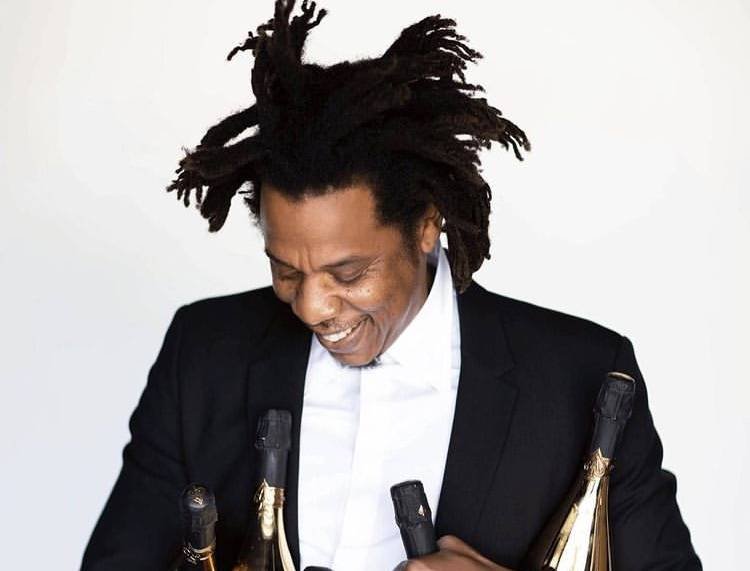Earlier in the week, Jay-Z revealed a deal with LVMH to expand his Armand de Brignac champagne globally. According to the Financial Times, it was also gathered that Oatly, the Swedish vegan-milk group in which he has invested, took its first step towards a $10 billion initial public offering.
Being preoccupied with different roles outside his own music, he still heads Roc Nation, a music and sports talent agency that includes Rihanna among its clients. He is also “chief visionary officer” of a special-purpose company backed by Roc Nation that acquired two Californian cannabis groups in November.
However, the year 2021 will be the 25th anniversary of Jay-Z’s first album, Reasonable Doubt, released under his own Roc-A-Fella Records label. The rapper was declared the first hip-hop billionaire by Forbes magazine in 2019, and has since diversified his talent and wealth into many countless ventures.
According to Financial Times, some of these ventures have lasted and some not, but Jay-Z was ahead of his time in business in a way that is only now clear. “Put me anywhere on God’s green Earth, I triple my worth,” he once rapped. The deal with LVMH, under which the world’s leading luxury group has taken 50 per cent of Armand de Brignac the “Ace of Spades” champagne praised in his lyrics is proof of that.
Learning early from Damon Dash, the impresario co-founder of Roc-A-Fella, that a celebrity could not only be paid to perform songs or endorse products, but might also own the rights to both. It was no doubt an apparent opportunity for early hip-hop artists because they were walking, rhyming advocates of luxury, lauding everything from Mercedes-Maybach limousines to Cristal champagne.
In 2003, he launched his own sneaker line, S. Carter for Reebok, following one role model, the basketball player Michael Jordan. But the turning point for his attitude to endorsement came in 2006 when a French executive at Louis Roederer, maker of the Cristal champagne extolled by rappers, indicated that it would rather not be associated with hip-hop.
Jay-Z swiftly denounced the remarks as racist and declared, “[I] will no longer support any of his products”, Zack O’Malley Greenburg records in Empire State of Mind, a book on Jay-Z’s businesses. He was as good as his word: soon afterwards, he appeared in a music video spurning a waiter’s offer of Cristal in favor of a metallic bottle of Ace of Spades.
His financial interest in Armand de Brignac, a wine produced by the Cattier family in Montagne de Reims, was not popular as at the time he wanted to delve into liquor full time. But it was clearly worth his while and in 2014, he acquired rights to the brand from its US distributor Sovereign Brands.
In that light, Jay-Z’s deals were significant in two ways, according to Financial Times. It indicates that he has managed to nurture his prestige tipple, which sells for $300 a bottle or more, through the pandemic wedding and nightclub drought. It also shows that French luxury houses no longer shy away from rap: they now want to partner with black artists.
It took a long time. “We came out of the generation of black people who finally got the point: no one’s going to help us . . . Not even our fathers stuck around,” he wrote in his autobiography Decoded. “Success [meant] self-sufficiency, being a boss, not a dependent. The competition wasn’t about greed or not just about greed. It was about survival.”
Successfully, Rihanna, whom he personally signed to Def Jam when she was 17, has learnt from his philosophy by launching her Fenty Beauty brand with LVMH, and her Savage X Fenty lingerie line. She has also had some failed businesses like her mentor, Jay-Z.
But occasional failure is part of the hustle, and the striking thing about Jay-Z is not his missteps but how accurately he sensed how the world would evolve. Every Instagram influencer endorsing cosmetics, fashion or travel owes something to the performative consumption pioneered by hip-hop.

